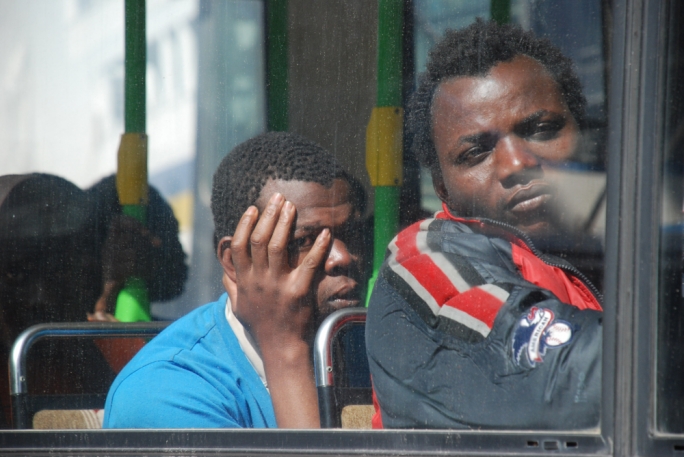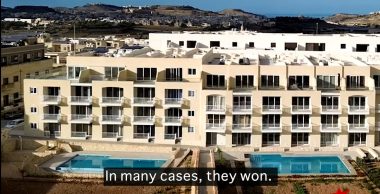We are extremely disappointed to read the revisions made by the Government to the 2018 Specific Residence Authorisation (SRA) policy. Instead of “reducing social exclusion among migrant communities and recognising the efforts of those migrants who are actively contributing to our society” the revisions will destroy the hard-earned integration efforts of hundreds of migrants. The revised policy will result in people in Malta remaining undocumented and being denied access to the most basic rights. This will exacerbate the pain of so many men, women and children.
Two years ago, we welcomed the policy on Specific Residence Authorisation (SRA) as a unique opportunity to integrate migrants who have lived and worked in Malta for many years, granting them stability and security. We had commented “that the SRA policy is a clear acknowledgement by the relevant authorities of the personal, social, financial and other contributions made by so many migrants in Malta. In doing so, Malta is taking a bold step towards fostering a truly inclusive society.”
The one-off scheme rewarded their contributions and active steps towards making Malta home. It provided the hundreds of eligible candidates with a regularised status and the peace of mind that comes with the knowledge that their futures were settled, that they were welcome.
The revisions announced on Tuesday by the Parliamentary Secretariat for Citizenship and Communities came as a shock to us all. New applicants are now given one-month ultimatum to file their applications, persons seeking renewal run the risk of permanently reverting to an irregular immigration status and the policy’s original family-oriented measures are being severely restricted. The revisions are also unclear on several important aspects and, in our experience, such uncertainty often results in arbitrariness in the assessment of applications.
In 2018, the policy on Specific Residence Authorisation was the result of a tense but rewarding process of dialogue between the Government and over twenty non-governmental organisations. We truly regret that the 2020 revisions fail to build on the lessons learnt since the policy’s adoption. They are a retrogressive step that will undoubtedly increase poverty and social exclusion, at a time when the pandemic is already have a terrible impact on migrant communities.
We strongly urge the Parliamentary Secretariat to, once again, engage with us on the policy revisions in furtherance of its original aims.




